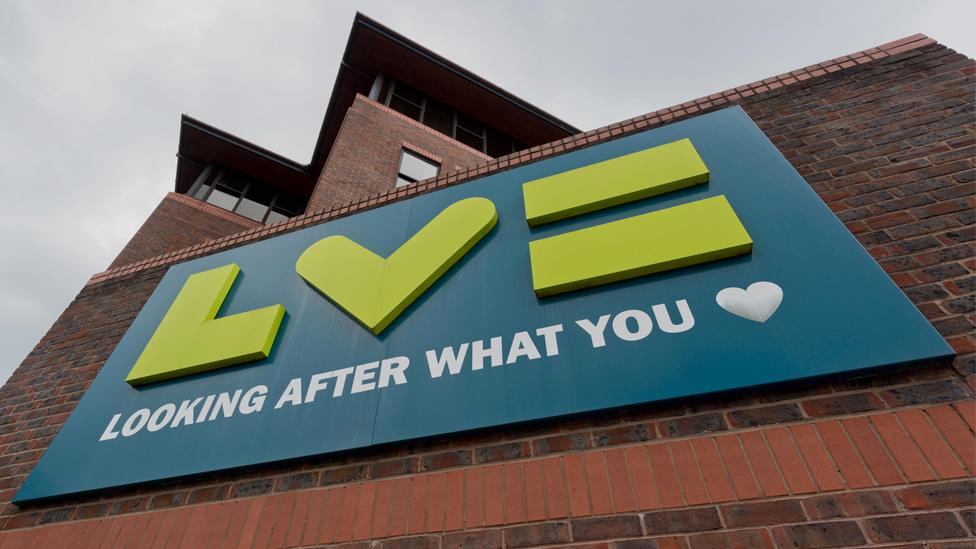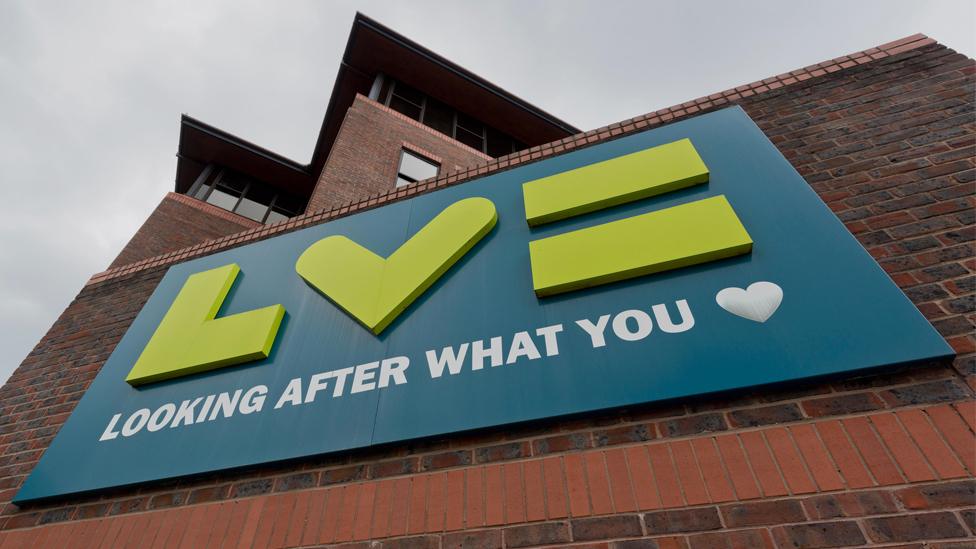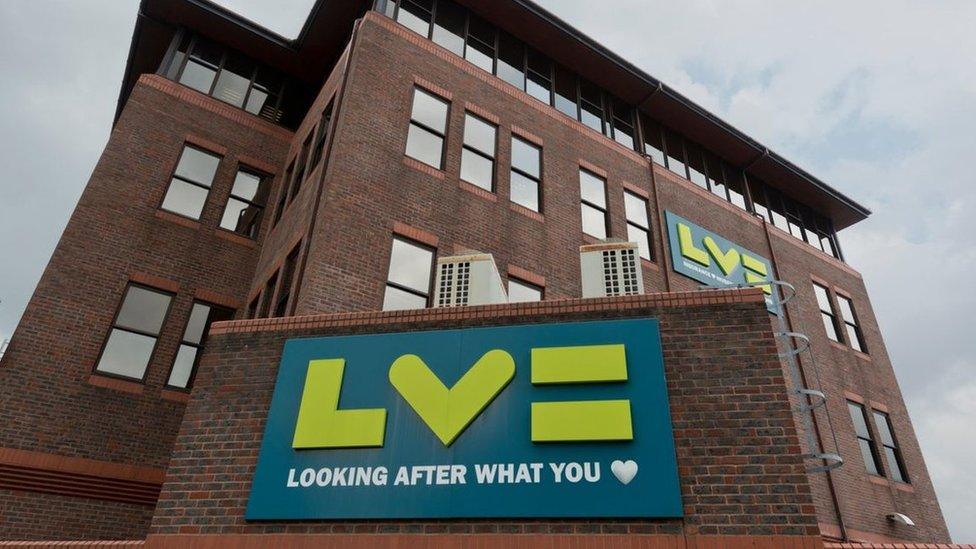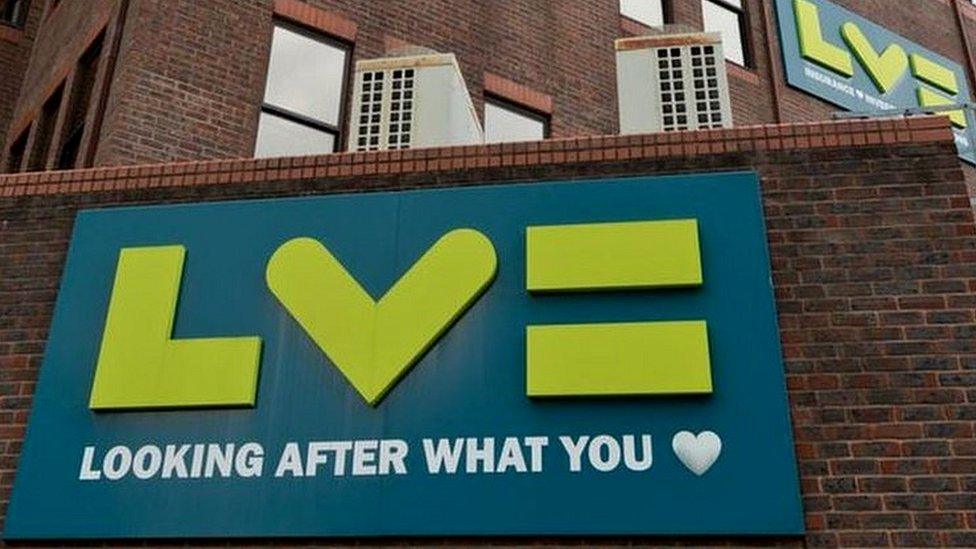LV= leaders criticised over openness in Bain Capital deal
- Published

Insurer LV= has been accused of "a number of shortcomings" in keeping customers informed about its potential sale to a US private equity firm.
Martin Shaw, chief executive of the Association of Financial Mutuals (AFM), told MPs it was vital that mutuals told members about changing strategies.
He said the decision to sell LV was "sad", but "consistent with the challenges within the business".
The proposed £530m takeover by Bain Capital has led to a backlash.
LV=, founded in 1843 and formerly known as Liverpool Victoria, would lose its mutual status if the sale goes through.
On Monday, just a few weeks before the voting deadline, LV= sent out a detailed analysis to its 1.2 million members explaining why it believed the Bain deal was best, having rebuffed an approach from a rival, Royal London.
Mr Shaw told MPs on the Treasury Committee: "I think there were a number of shortcomings in the approach and I am sure that if the directors had their time again, they would improve the quality of communication throughout."
He described the plight of LV= as a "three-Act tragedy".
He said it invested in its general insurance business, knowing that the life insurance and pensions arm was shrinking, but then realising "too late in the day that it was not the panacea they were hoping for". It sold the general insurance business, but that did not stem the initial problem.
Other mutuals had solved similar issues, said Mr Shaw, who is in charge of the trade body that represents mutual and not-for-profit insurers, friendly societies and other mutuals in the UK.
Customer service
LV= members would be given £100 each as part of the Bain Capital deal, and with-profit members would receive more.
MPs were told that bonuses paid at the point of demutualisation were usually far outweighed by lower investment returns in the future, and a lower level of customer service.
On Monday, LV= said that it would require significant investment from members for it to remain as a standalone business.
"It would not be fair for us to ask our with-profit members to finance a future that requires significant investment, which many would not benefit from," said David Barral, senior independent director of LV=.

The Treasury Committee held a one-off session about the state of the mutual sector from major figures in the industry including building societies and credit unions.
The committee also heard that building societies were facing stiff competition from banks in selling mortgages, owing to the financial effects of the pandemic.
Around £170bn was saved into current accounts, savings accounts and business accounts as a result of individuals spending less during the pandemic, and firms receiving financial support from the government.
Mike Regnier, chief executive of the Yorkshire Building Society, said that ring-fenced retail banks wanted to lend out that money as mortgages, so pushed down interest rates to gain customers.
He said that it would take many years for that extra cash to filter through the system.
Building societies account for 23% of the mortgage market in the UK, and 18% of the savings sector.
Related topics
- Published22 November 2021

- Published16 November 2021

- Published11 November 2021
